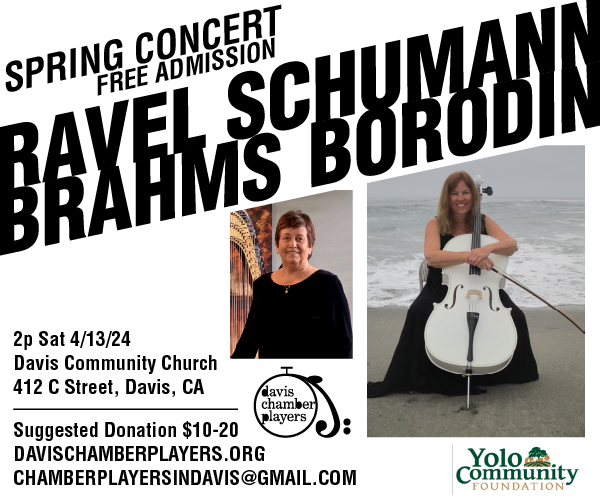Californians will face a number of choices on the June 8 ballot. One is Proposition 15, an initiative which, if enacted, will impose fees on registered lobbyists in California and use the additional revenue to provide funding for political campaigns in the state.
Initially sponsored by Sen. Loni Hancock (D-Oakland), the proposal launches a pilot program that will only apply to political campaigns for the Office of Secretary of State in 2014 and 2018.
Hancock said the people of California will benefit from Prop. 15 as well as those considering running for secretary of state who do not want to spend years of their life “dialing for dollars.”
Currently lobbyists pay $12.50 annually for a registration fee. If passed, Prop. 15 would increase this fee to $350 annually per registered lobbyist and also for each of the lobbyist’s clients.
The new amount is considerably less than what several states assess on lobbyists and less than what the state of California charges lawyers and doctors to register every year, Hancock said.
Opponents of the proposition point to their belief that the legislation would incite a slippery slope of greater taxes in the future.
“Our position is that we don’t think the public should be compelled to pay for campaigns of anyone else,” said Kris Vosburgh, executive director of the Howard Jarvis Taxpayers Association, an organization that opposes the proposed legislation. “This is going to result in people funding campaigns they don’t support.”
Prop. 15 would repeal the ban on public campaign financing which California voters enacted in 1988. Twice since then voters have rejected ballot measures that would lift that ban, said Richard Wiebe, a spokesperson for stopprop15.com.
“The legislature knew [it would repeal the ban] and that’s why they didn’t include that in the ballot label,” Wiebe said.
A judge later inserted the language into the ballot measure.
A source of contention between the two sides is a severability clause within the legislation that would be enacted if the courts were to decide that the assessed fee on lobbyists was unconstitutional.
If this were to happen, there would be public financing for campaigns but no money to finance them, Wiebe said. This would then allow the legislature to go to the General Fund or raise taxes to help pay for the public financing, he added.
Nancy Neff, the Northern California outreach coordinator for the “Yes on 15” campaign, said she does not see any reason to speculate on what might happen if lobbyist fees are overturned. Even if this were to happen, any tax must be approved by a two-thirds majority of the legislature, Neff said.
Hancock said she is working to change the rules but is living by the current rules, referencing her recent Sacramento-area fundraiser which required a minimum $1,000 sponsor contribution.
“If there were public financing of elections I would never have another fundraiser,” she said.
Neff said one of the main advantages of Prop. 15 is that voters will finally have people in office who are only beholden to them and not any special interests.
“If the candidate chooses to go on this program, they are not allowed to take any money from anybody except from the public fund. They can’t take any lobbyist money, labor union money, family’s money or their own money,” Neff said.
While proponents favor the idea of freeing up politicians’ time from raising money, there are some who would rather have a legislature with less free time.
“Our fear is that they’re going to extend this to policy driven offices, especially in the legislature, which spend too much time already working on legislation which is designed to support special interests or to aggrandize themselves,” Vosburgh said. “Politicians aren’t spending enough time working for the general good of the state.”
Wiebe is against the proposition because, due to the proposed fee on lobbyists, it shifts the burden of financing campaigns from politicians seeking office to the taxpayer.
“California has all kinds of problems and priorities,” Wiebe said. “Spending tax money on campaigns does not even register on the long list of needs this state has. If anyone would appreciate that it’s students at a state university.”
If the event were to occur that too many candidates ran for the office, limiting the amount of money in the fund from Prop. 15 for each candidate, the existing money in the fund would be distributed and the publicly funded candidates would be able to raise up to the base amount ($1.3 million for the general election and $1 million for the primary election).
There is also a provision which would allow for matching funds up to four times the base amount if the publicly funded candidate were to be out-raised by an independently financed candidate.
CHINTAN DESAI can be reached at city@theaggie.org.



